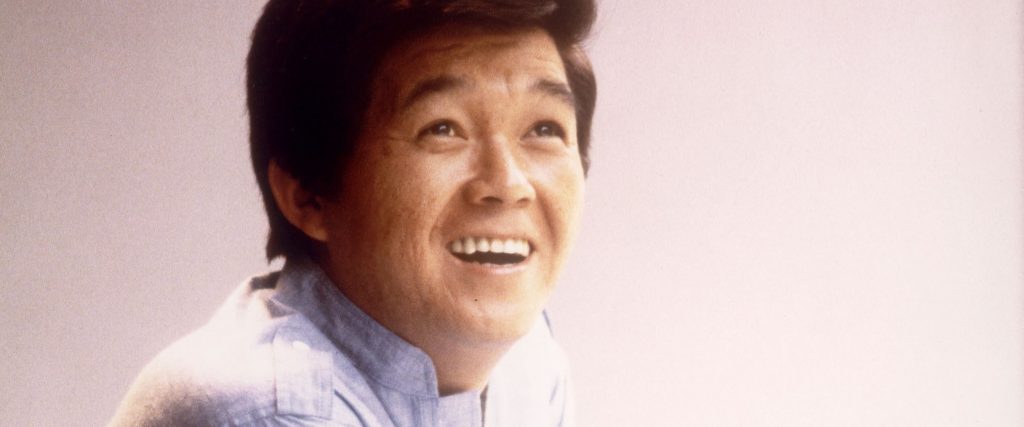Asia, a land of cultural diversity and rich heritage, has gifted the world some of the most influential and groundbreaking musical artists. From classical virtuosos to modern pop icons, these artists have not only dominated their local charts but have also made an indelible mark on the global music scene. Here’s a deep dive into the top 10 Asian artists of all time who have shaped the musical landscape with their talent and innovation.
1. Kyu Sakamoto (Japan)
Kyu Sakamoto’s name resonates with music lovers worldwide, thanks to his timeless hit “Sukiyaki” (Ue o Muite Arukō). Released in 1961, this song became an international sensation, topping the Billboard Hot 100 in 1963. Sakamoto’s soothing voice and the song’s melancholic melody transcended language barriers, making it one of the best-selling singles of all time.
2. A. R. Rahman (India)
Known as the “Mozart of Madras,” A. R. Rahman has redefined Indian film music. With multiple Academy Awards, Grammy Awards, and a plethora of other accolades, Rahman’s compositions in movies like “Slumdog Millionaire,” “Roja,” and “Dil Se” have mesmerized audiences. His ability to blend classical Indian music with contemporary sounds has made him a global icon.
3. Teresa Teng (Taiwan)
Teresa Teng, often referred to as the “Eternal Queen of Asian Pop,” was a dominant force in the Mandarin, Cantonese, Japanese, and Indonesian music scenes. Her songs, such as “The Moon Represents My Heart,” are celebrated for their emotional depth and Teng’s ethereal voice, which continues to captivate listeners decades after her passing.
4. PSY (South Korea)
The world couldn’t help but dance to the infectious rhythm of “Gangnam Style” in 2012. PSY’s viral hit not only broke YouTube records but also introduced K-pop to a global audience. With his unique style and high-energy performances, PSY became an international phenomenon, leaving a lasting impact on the music industry.
5. Faye Wong (China)
Faye Wong is a cultural icon in the Chinese-speaking world. Known for her distinctive voice and eclectic music style, Wong’s contributions to Cantopop and Mandopop have earned her legendary status. Her ethereal vocals in songs like “Eyes on Me” (from the video game Final Fantasy VIII) have garnered her a dedicated fanbase worldwide.
6. Seo Taiji (South Korea)
Often hailed as the “President of Culture” in South Korea, Seo Taiji revolutionized K-pop with his band Seo Taiji and Boys in the early 1990s. By incorporating Western genres like rap, rock, and techno into Korean music, he paved the way for the global K-pop phenomenon. His innovative approach continues to influence new generations of artists.
7. Yo-Yo Ma (China/USA)
Though born in Paris and raised in the United States, Yo-Yo Ma’s Chinese heritage has significantly influenced his work. A prodigious cellist, Ma’s performances range from classical to contemporary, and his Silk Road Ensemble explores musical traditions from around the world. His extraordinary talent and cultural contributions make him a global ambassador for classical music.
8. Utada Hikaru (Japan)
Utada Hikaru burst onto the Japanese music scene with her debut album “First Love,” which remains the best-selling album in Japan’s history. Known for her soulful voice and introspective lyrics, Utada has also gained international recognition through her work on the “Kingdom Hearts” video game series, solidifying her status as a cross-cultural star.
9. Ravi Shankar (India)
A virtuoso sitar player, Ravi Shankar is credited with bringing Indian classical music to the global stage. His collaborations with Western artists, including George Harrison of The Beatles, helped bridge cultural divides and popularize Indian music worldwide. Shankar’s profound influence on world music remains unparalleled.
10. Cui Jian (China)
Known as the “Father of Chinese Rock,” Cui Jian was a pioneer in introducing rock music to China in the 1980s. His song “Nothing to My Name” became an anthem for the Chinese youth during the Tiananmen Square protests. Cui’s rebellious spirit and fusion of traditional Chinese music with rock elements have cemented his place in history.
These ten artists, each with their unique sound and vision, have not only dominated their respective genres but have also contributed to a richer, more diverse global music landscape. From the nostalgic melodies of Kyu Sakamoto to the revolutionary beats of PSY, these musicians have proven that music transcends borders and unites us all.



